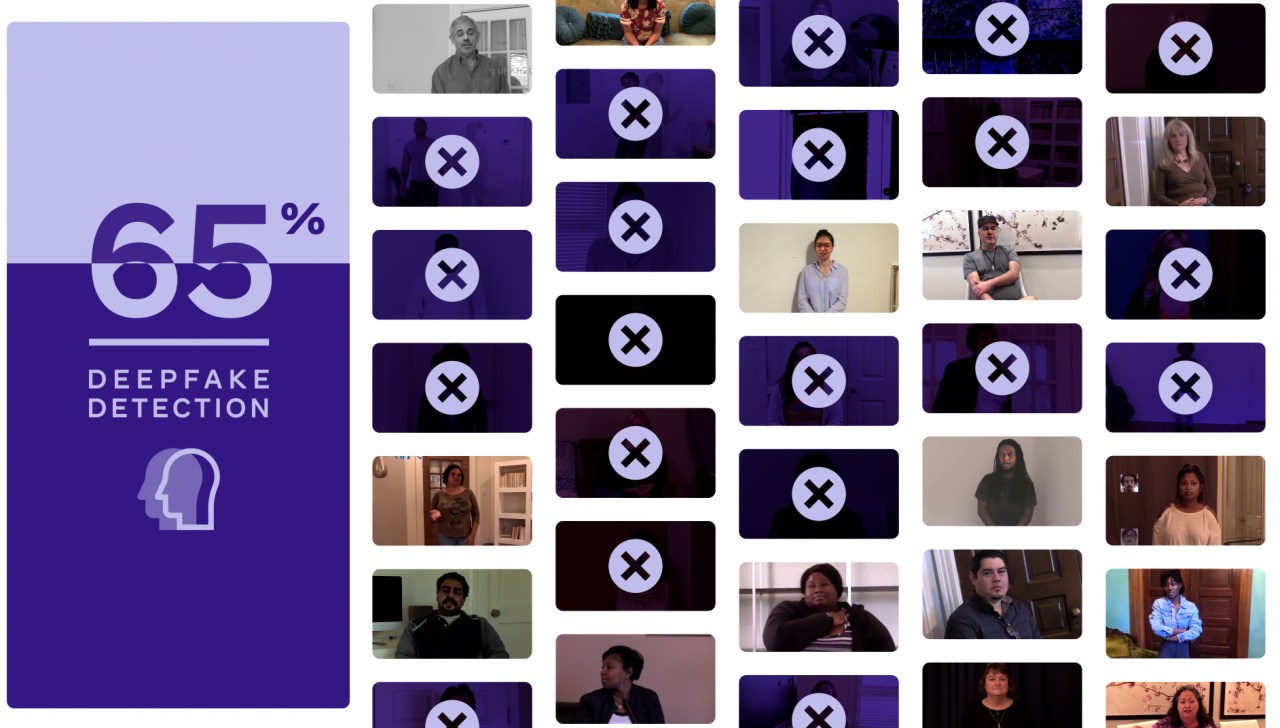In a world where reality is increasingly being altered through digital manipulation, the advent of deepfake technology stands as a double-edged sword. Initially a novelty, deepfakes have evolved into sophisticated tools that can create remarkably convincing videos of public figures, posing serious threats to the integrity of information. As the lines between truth and deception continue to blur, platforms like Facebook are stepping up to tackle this growing challenge with significant initiatives such as the “Deepfake Detection Challenge.”
The Challenge of Detection
Deepfakes are not just a passing trend; they’re a powerful testament to the advancements in artificial intelligence. They have transformed from being niche experiments showcased at AI conferences to widely available tools that anyone can utilize. Facebook’s CTO Mike Schroepfer emphasizes a critical point: while deepfake creation tools have become user-friendly, the counterpart—effective detection methods—lags behind.
Entering the Arena: Facebook’s Initiative
In the face of escalating concerns, especially as we edge closer to critical political moments, Facebook ventured into uncharted territory with the Deepfake Detection Challenge. Launching a comprehensive database of deepfake videos represented a significant leap forward, as there was previously limited content available for researchers to study. By spending resources to gather 3,500 actors to create thousands of videos, Facebook has compiled one of the most extensive datasets that focus not just on quantity, but quality. The challenge aimed to enlist the help of researchers worldwide to develop robust algorithms to identify fake content.
Initial Outcomes and Progress
As anticipated, early attempts at detection yielded performance levels comparable to random guessing. However, through iterative learning and refining of their models, participating teams managed to achieve over 80% accuracy in identifying deepfakes during controlled tests. Nonetheless, when applied to previously unseen videos, the highest achieved accuracy dipped to around 65%. This reveals both the potential and the challenges inherent in deepfake detection—while algorithms can learn, the variability of real-world scenarios presents difficulty.
Data Integrity and Representation
One of the most significant aspects of this challenge was Facebook’s commitment to creating a diverse dataset. By ensuring representation across different ages, genders, and ethnicities, the hope is to mitigate biases that often seep into AI systems due to skewed datasets. Schroepfer highlighted the importance of this inclusivity, stating, “Detection technology needs to work for everyone,” reinforcing the idea that AI is only as effective as the diversity of its training data.
Open Source for Collective Progress
As the competition yielded promising models, Facebook plans to release the winning algorithms as open source. This strategic move is intended to galvanize further innovation and collaboration within the industry, as more researchers and enterprises can access powerful tools to dive deeper into the issue of deepfake detection. Meanwhile, Facebook is also busy developing its proprietary detection solutions, rogue elements in the digital landscape must be approached with a guarded strategy to prevent any counterproductive leaks of information.
Conclusion: The Road Ahead
The journey toward effective deepfake detection is still in its early stages, but platforms like Facebook are laying the groundwork for a more secure media environment. The challenge presented not only showcases the capabilities of artificial intelligence but also calls attention to the ethical considerations surrounding AI deployment. With continued research and a commitment to data representation, the industry is moving closer to creating reliable systems that can discern fact from fiction. The fight against disinformation requires not only technological advancements but also a collective effort among developers, researchers, and users alike.
At **[fxis.ai](https://fxis.ai)**, we believe that such advancements are crucial for the future of AI, as they enable more comprehensive and effective solutions. Our team is continually exploring new methodologies to push the envelope in artificial intelligence, ensuring that our clients benefit from the latest technological innovations.
For more insights, updates, or to collaborate on AI development projects, stay connected with **[fxis.ai](https://fxis.ai)**.

